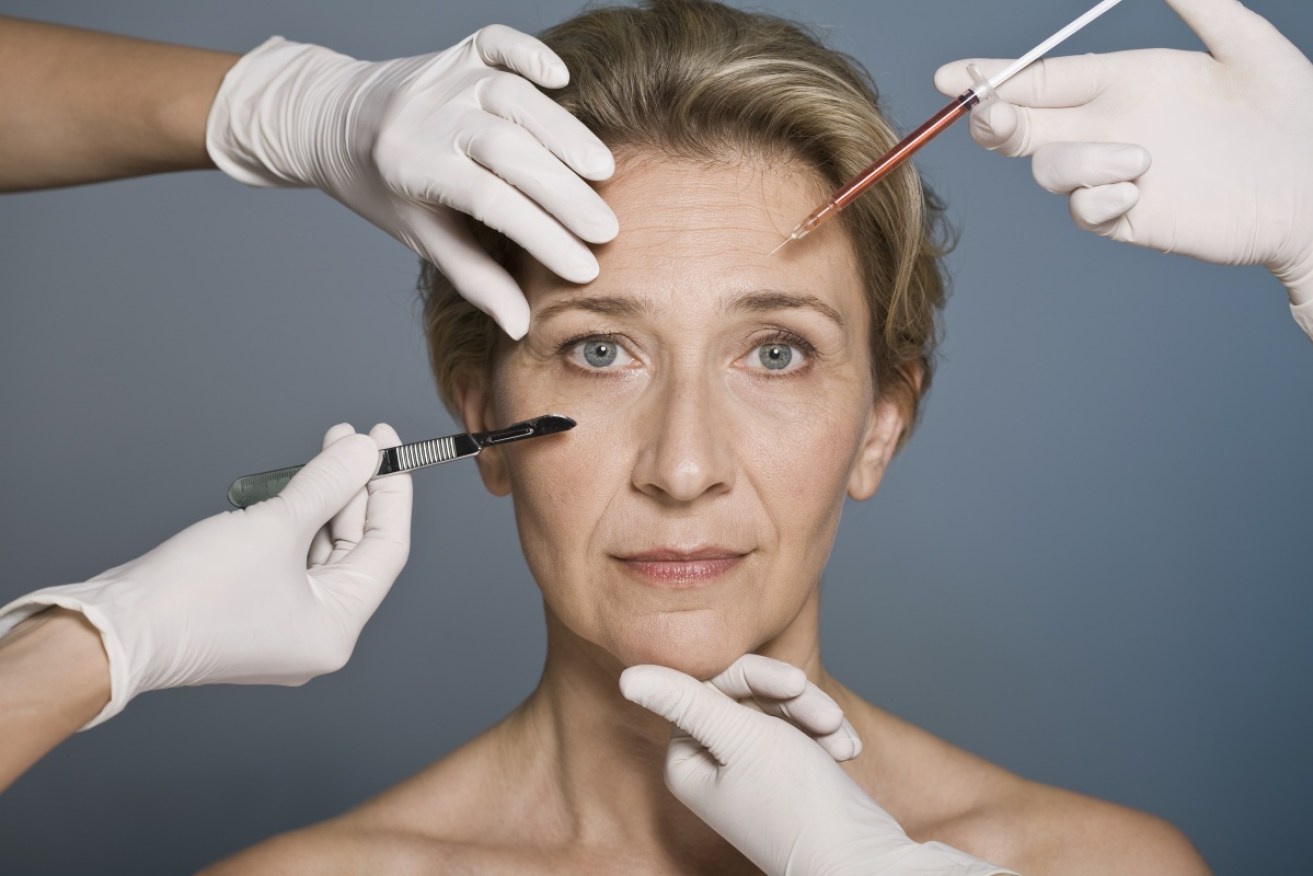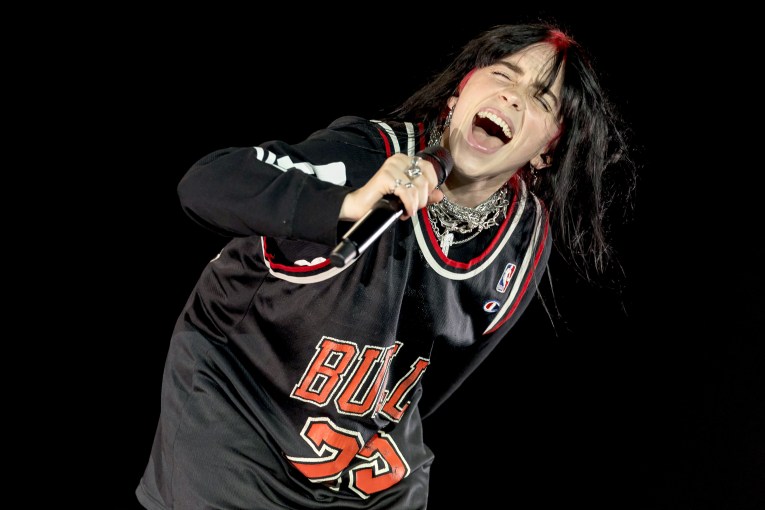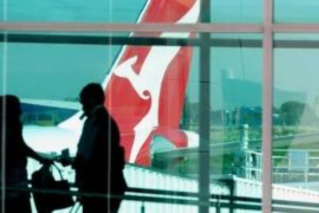Surge in cosmetic surgery complaints prompts calls for ban on untrained GPs using ‘surgeon’ title


As it stands, consumers have no way of knowing which surgeons to trust. Photo: Getty
A surge in complaints about botched surgery has prompted leading Australian medical experts to call for national legislation preventing undertrained doctors from calling themselves cosmetic surgeons.
As it stands, anyone in Australia with a medical degree can call themselves a cosmetic surgeon.
However, those claiming to be ‘cosmetic surgeons’ do not have the relevant qualifications, which include several years of additional training after university to develop their craft and specialise.
According to the NSW Health Care Complaints Commission, complaints about cosmetic procedures gone wrong have more than tripled in four years, with an increased number of surgeries being performed in hotel rooms and residential homes.

Jean Huang, 35, died after an alleged botched cosmetic procedure at a Sydney clinic. Photo: Facebook
Jean Huang, 35, suffered a cardiac arrest on the operating table while undergoing a breast augmentation procedure at a Sydney beauty clinic last year.
Allegedly, a local anaesthetic was administered by a tourist with no Australian medical qualifications.
The 35-year-old woman died within days from her injuries.
Canberra-based plastic surgeon Dr Tony Tonks told The New Daily he was aware of numerous cosmetic surgeons taking on risky methods.
In one scenario, a practitioner was known to use a foot pump to administer sedation himself while performing a procedure, rather than having a specialised anaesthetist present during his operations.
“This is incredibly dangerous,” he said.
“If he was to cut an artery – so the patient is bleeding – that would need his full attention, otherwise the patient could bleed to death. He couldn’t also be keeping an eye on the sedation levels.
“If he was to hold down the pedal too long, the patient could overdose. And if he doesn’t administer enough, they could potentially wake up mid-operation.”
Australia needs a ‘nationally consistent’ approach
Dr Mark Magnusson, president of the Australasian Society of Aesthetic Plastic Surgeons, said he fixes botched breast procedures at the hands of untrained ‘surgeons’ on a weekly basis.
“We absolutely need a national approach,” he said.
“You should only be able to advertise yourself as a surgeon if you’ve had surgical training, in an appropriate field, at an accredited training body.”
Dr Gazi Hussain, vice president of the Australian Society of Plastic Surgeons, told The New Daily last year that the adoption of a national industry standard would “save lives”.
These concerns were among the recommendations outlined in a NSW report dating back to 1999.
Merrilyn Walton, commissioner of the Health Care Complaints Commission at the time of the report, said that while there have been some improvements in NSW and Queensland, Australia’s standards continue to fall short of protecting consumers from harm.
She said that while private rooms now need to comply with new regulatory requirements, it still does not stop those without surgical training from performing procedures in accredited rooms.
“It’s just bizarre,” she said.
“The potential for harm is high, and patients are getting younger and younger.
“The public cannot be blamed for assuming that a person who calls themselves a cosmetic surgeon must be appropriately trained and qualified.
“Ideally, we need uniform regulations about consent, cooling-off periods, age, advertising, where and when a procedure can take place, and the use of third-party patient referrals.”
This comes after the NSW opposition health minister called for new legislation banning the use of the ‘surgeon’ title for those who solely have a medical degree and not the additional years of training as a surgeon.
NSW Health Minister Brad Hazzard also raised the problem late last year and further consultation is expected this year.
The New Daily contacted federal Health Minister Greg Hunt for comment on whether the federal government has national plans but failed to receive a response by deadline.
Dr Magnusson recommended that consumers considering cosmetic surgery should research and find a doctor of the Royal Australasian College of Surgeons, check for AHPRA registration, ensure that the facility is licensed, and confirm that a specialist anaesthetist will control the drugs being used during the procedure.








